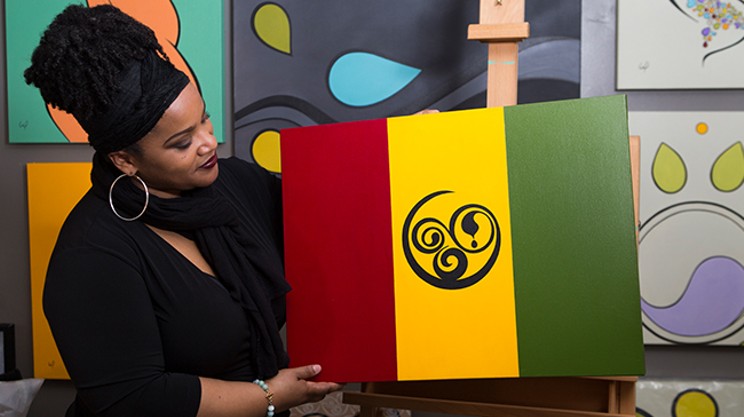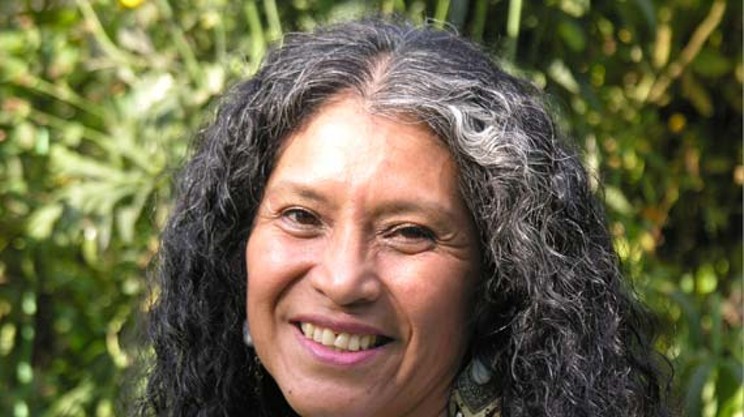
“Scotian” food is hearty, delicious and made with soul. As the earliest black settlers to Nova Scotia, our ancestors overcame unmeasurable hardships to survive and thrive. Along with our resourcefulness we also brought our knack for southern cooking, or what is commonly known as “soul food,” and meshed it with what the land and water had to offer. Root vegetables, fresh and dried/cured meats and fish, legumes, greens and cabbage were familiar foods shared in African Nova Scotian families.
I felt like I was one of the lucky ones. I grew up in the inner city, but my father kept a good-sized garden “up home.” My dad was born in North Preston and moved with his large family to the Old Guysborough Road when he was two years old. His family farmed the land. I also grew up in a time when the vegetable man came calling once or twice a week to each of the six blocks in Uniacke Square. You could also routinely hear the mackerel man calling out his wares in a melodious voice throughout The Square and on Gottingen and Brunswick Streets.
There was a grocery store in the community when I was growing up. Now the folks who live in that neighbourhood go to someone else’s neighbourhood to shop at a supermarket. It’s been that way for a long time now. Things seem to be right on the gentrification schedule, with the ongoing selling of properties, forcing people out who have lived there for generations. I’m sure a Starbucks will be in the hood’s future. Meanwhile future generations of African Nova Scotians might not have the chance to grow up in one of the original African Nova Scotian settlements, simply because they will not be able to afford it.
As a middle-class wage earner, I am baffled as to how minimum-wage earners are expected to afford to eat healthy. Over the years, the cost of food has inflated dramatically. Convenience and better prices have made eating in an unhealthy way more affordable. Healthy food may be available, but not necessarily accessible to all. The issues around food security are alive and well in disenfranchised communities. Hope Blooms and the North End Community Health Centre are examples of local organizations that serve the parts of the community that need them the most.
The meals I grew up on as an African Nova Scotian are now speciality dishes in some families, making the occasional appearance. I want my children to know about the foods that sustained us when we arrived and the history behind it. I hope future generations will create and talk about their traditional foods with their children and continue a legacy of cultural pride.
Fishcakes and baked beans, fried mackerel, cornbread, boiled dinner with cabbage and pigtails, macaroni and cheese, stew with dumplings, salt cod and pork scrap and oxtails with beans and rice were dishes that consistently graced our tables. I hope we are able to remember and celebrate a part of our history and culture whether it be through story or food.
If you’re curious about African Nova Scotian cuisine, EDNA Restaurant will be offering menu items in honour of African Heritage Month the evening of February 26.





















